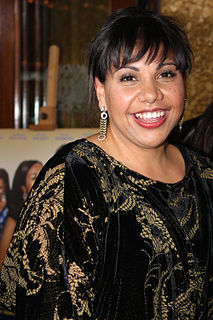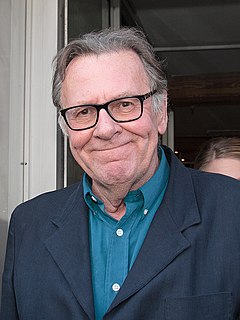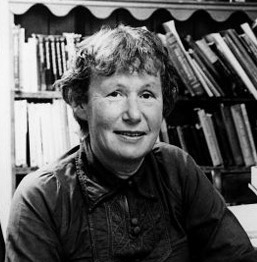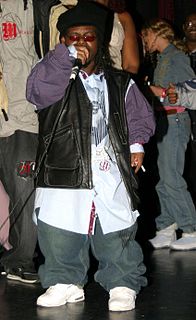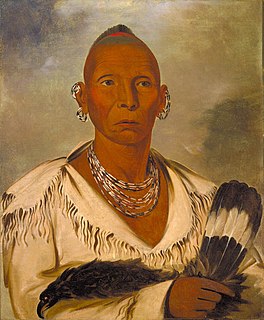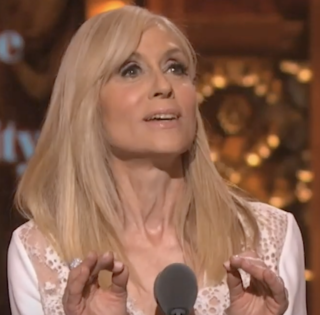A Quote by Deborah Mailman
People understand about family; people understand about being in situations where you have to be brave. People get falling in love.
Quote Topics
Related Quotes
You can understand other people only as much as you understand yourself and only on the level of your own being. This means you can judge other people's knowledge but you cannot judge their being. You can see in them only as much as you have in yourself. But people always make the mistake of thinking they can judge other people's being. In reality, if they wish to meet and understand people of a higher development than themselves they must work with the aim of changing their being.
I understand witchcraft being from the islands. You can't be from the Caribbeans and say that you don't know voodoo or don't know about it. Or that you don't know someone who has practiced it. It's just that in my family we never did. People in extreme impoverished situations if they ain't reaching out to God, they reaching out to the other side.
It happens all the time! People are always talking about that explosive moment in their family history that sort of changed everything and rattled the cage, and more times than not it has nothing to do with trans issues. That's why people are relating to the show Transparent, because our family is their family and they understand that dynamic.
Listening is terribly important if you want to understand anything about people. You listen to what they say and how they say it, what they share and what they are reticent about, what they tell truthfully and what they lie about, what they hope for and what they fear, what they are proud of, what they are ashamed of. If you don't pay attention to other people, how can you understand their choices through time and how their stories come out?
